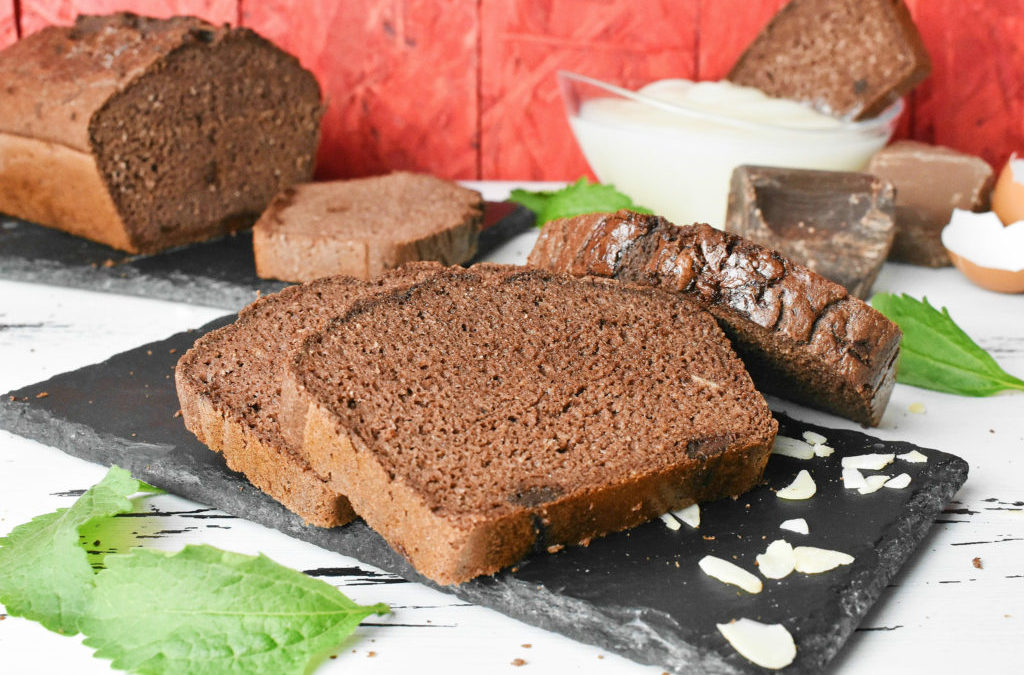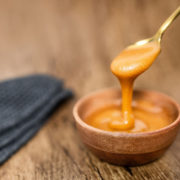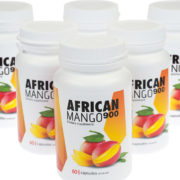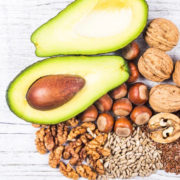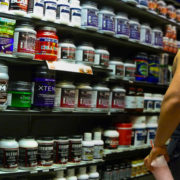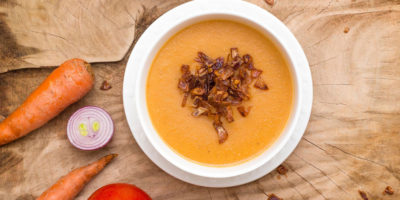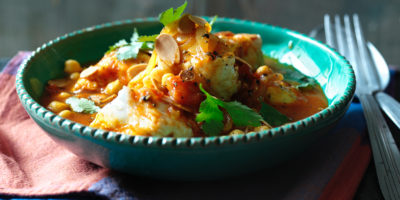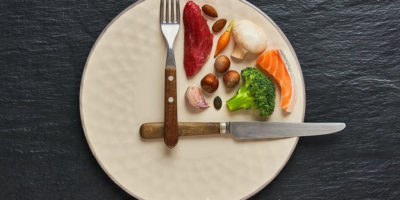Bread Flour
Bread flour has a high content of gluten so sometimes you may see this advertised as high gluten flour. High Gluten flour contains high protein and is usually a good flour for bread makers.
It makes the bread very elastic and will keep the bread from sinking or caving in after it has risen.
This flour is good for making a large size loaf of bread with a really good inner fiber because of the high gluten content.
It may sound obvious but there is not a more important ingredient when it comes to making bread.
Plain Flour
Plain flour is made by mixing well chosen soft and hard wheat and is best for making bread and cakes.
Whole Wheat Flour
Whole wheat flour is made by grinding whole wheat. It contains the skin of wheat and it is heavier and more nutritious than common flour. Bread made by whole wheat flour is usually small in size. Most recipes for wheat bread will combine the whole wheat flour and bread flour in order to achieve the best results.
Black Wheat Flour
Black wheat flour also known as "rough flour" is a high fiber flour that is very similar to whole wheat flour. To obtain a large size after rising it needs to be used in combination with a high proportion of bread flour.
Cake Powder
Cake powder is made by grinding soft wheat or low protein wheat which is used for baking cakes.
While most flours seem to be very much alike it comes down to the yeast performance in combination with the flour and the way in which it is absorbed.
The area or region in which the ingredient is grown, stored and ground also plays a role in the performance of the wheat.
It never hurts to try a few different brands of flour to get an idea of what works best for you as well as tastes the best.
Corn Flour and Oatmeal Flour
Corn flour and oatmeal flour are made by grinding corn and oatmeal respectively. They are both the additive ingredient of making rough bread which is used for enhancing the flavor and the texture of the bread.
Sugar
Sugar is very important to the mix for adding taste and color. (In my opinion I do not think sugar is necessary.) I have made many a loaf without sugar and I can not tell the difference in taste or color.
Sugar does help to nourish the yeast to make a better rising bread.
If you are using a bread maker you may want to look for the ingredients in your super market that say "great for bread makers." I seem to believe these ingredients that come advertised for the bread makers are of a different quality than those prepared for traditional baking.
Yeast
Yeast breaks down and than produces carbon dioxide which makes the bread expand and the inner fiber soft. Yeast also relies on sugar and flour as a source of nourishment.
Yeast also must be stored at a cool temperature so the refrigerator is an ideal spot for it.
Salt
Salt is necessary to improve bread flavor and the color of the crust. Salt is not a necessary ingredient so feel free to omit it all together. Your bread would actually be larger without the salt also.
Egg
Eggs will improve the texture of your bread as well as add nourishment and make it larger in size.
Grease, Butter and Vegetable Oil
Grease can make the bread soft and delay its storage life. Butter should be melted or chopped into small pieces before use.
Baking Powder
Baking powder is used mainly to make bread rise very fast. It will also bubble or soften the texture of the bread.
Baking Soda
Same principle as above and the two can be used in combination with one another.
Water
Water is a very essential ingredient to making bread so never leave it out of your recipe.



